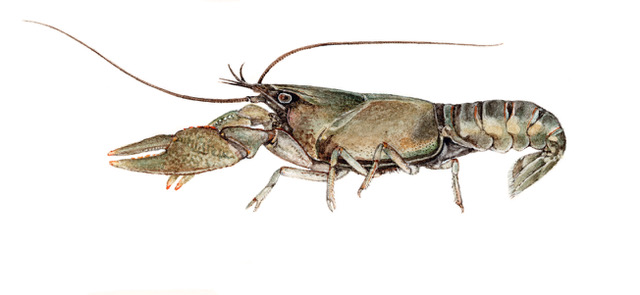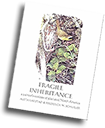
ecological change
in Canada

"Fragile Inheritance is exciting and meaningful--both in terms of providing an increased understanding of changes to habitat and species over a relevant span of time, but also in being a logical progression in the path that you've been following for so many years."
6 St-Lawrence St
Bishops Mills Oxford Station
Ontario, Canada KOG 1T0
(613) 299-3107
info@fragileinheritance.ca
Ecological Monitoring
Naturalists often complain that species and phenomena are neglected unless they are of direct
economic interest. So many aspects of natural history are ignored that "everyplace" is
effectively unknown. Environmental change makes everything different than it was before, and
requires re-exploration of every territory. The more we learn, the more detail and complexity
unfolds to us. Henry David Thoreau 'travelled a good deal in Concord', providing an unparalleled
public record of the species he recognized and their relationships in natural communities, and
making major advances in theoretical ecology simply by constantly re-exploring his ancestral
ground.
Anyone can do for their home range what Thoreau did for Concord: notice, record, monitor,
analyze, and publicize natural phenomena. Many people are out there enjoying Nature, but
relatively few of them record what they see. Every one who goes out as a serious observer, with
a field notebook or journal, is adding to what we can know of nature.
Many observations go unrecorded, and many scientific datasets not included in publications
languish in files. Fragile Inheritance is mandated to support long term ecological monitoring,
as well as archiving and databasing the observations of both amateurs and academics, historical
and current. Beyond the tasks of gathering and keeping data, it supports and encourages the
essential tasks of analysing, publishing, and disseminating the results of long term monitoring,
both to the general public, and to decision-makers.

There is no other independent organized group in Canada which is dedicated to promoting long term monitoring. This is your chance to support the work of Fragile Inheritance.
lavishly illustrated with watercolours and
descriptive prose from sea to sea
drawing the baseline for
a legacy of beauty and
change - Aleta Karstad
and Frederick W .
Schueler's life work
